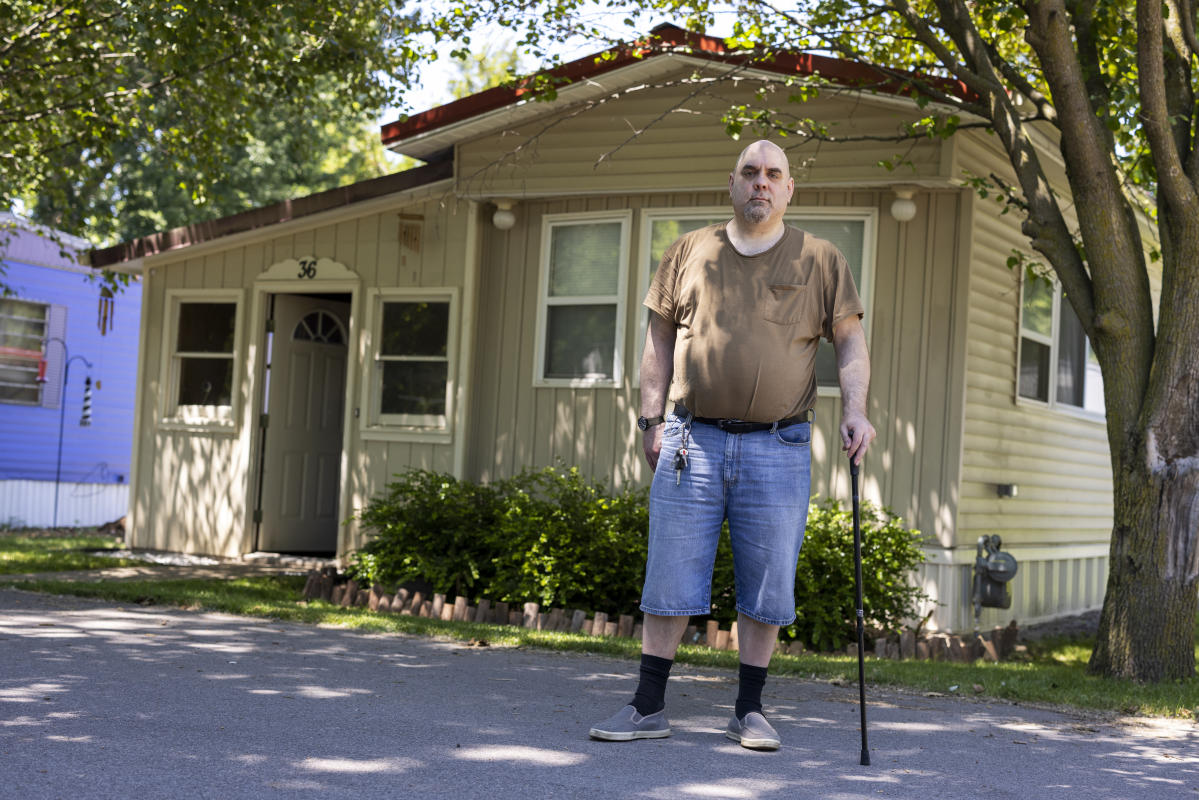Ward is one of the residents at Ridgeview participating in a rent strike after new owners of the park announced they were raising rents by six percent. "I moved here because it's basically the most affordable living," said Ward, who is disabled and living off of a fixed income. The plight of residents at Ridgeview is playing out nationwide as institutional investors, led by private equity firms and real estate trusts and sometimes funded by pension funds, swoop in to buy mobile home parks. …
Residents, about half of whom are seniors or disabled people on fixed incomes, put up with the first two increases. They hoped the latest owner, Cook Properties, would address the bourbon-colored drinking water, sewage bubbling into their bathtubs and the pothole-filled roads.
When that didn't happen and a new lease with a 6% increase was imposed this year, they formed an association. About half the residents launched a rent strike in May, prompting Cook Properties to send out about 30 eviction notices.
“All they care about is raising the rent because they only care about the money,” said Jeremy Ward, 49, who gets by on just over $1,000 a month in disability payments after his legs suffered nerve damage in a car accident.
He was recently fined $10 for using a leaf blower. “I’m disabled," he said. "You guys aren’t doing your job and I get a violation?”
Blackstone company towns, except they don’t make anything. Rentier class will ultimately kick off the revolution.
The Torture Never Stops…


NYer article: "What Happens When Investment Firms Acquire Trailer Parks"
. . .
JFC
So not only exploit at-risk people for pensions, but also make living less convenient